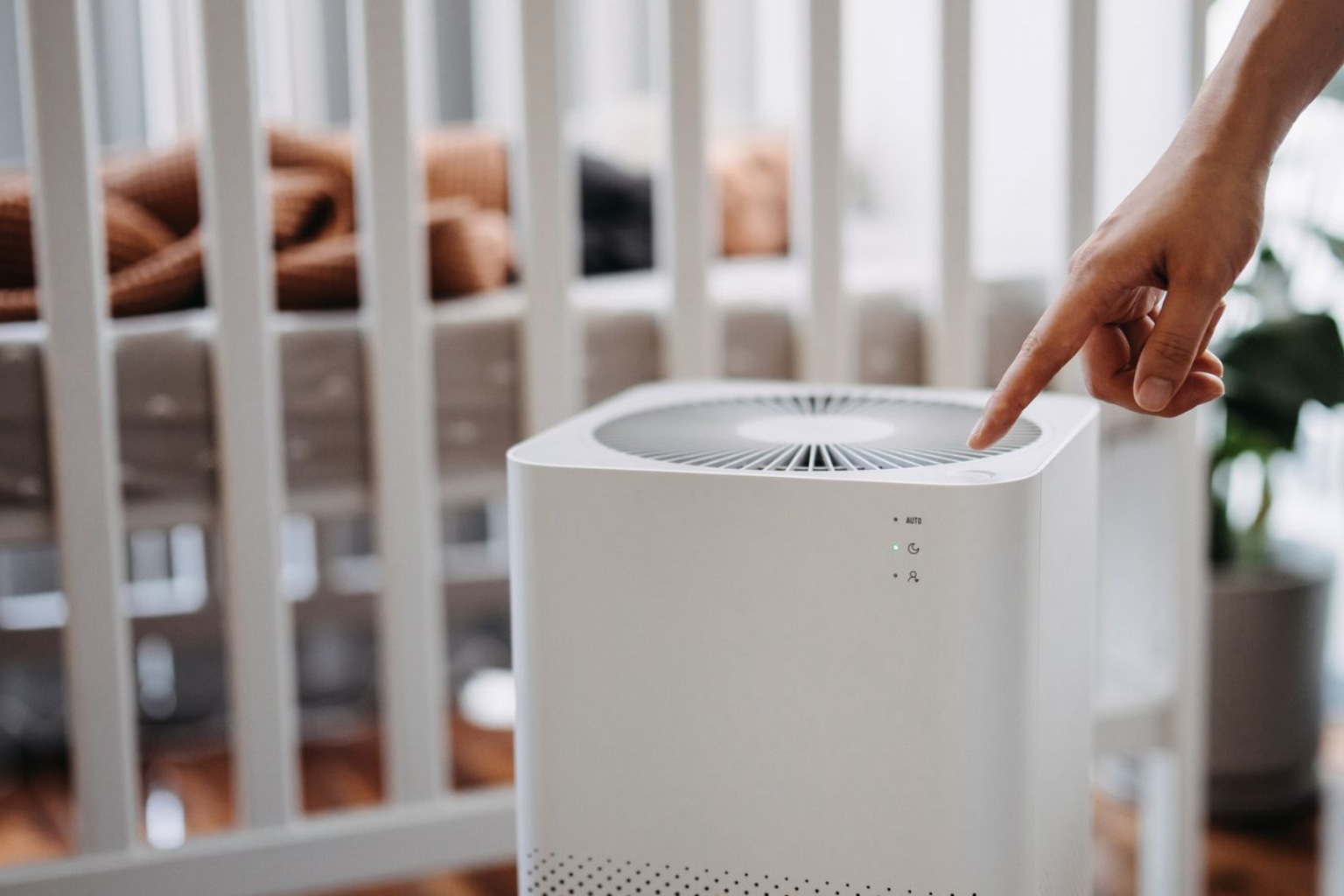When you turn on the tap, you probably expect clean, safe water to flow out without a second thought. Yet behind that simple glass of drinking water sits an entire network of filters, pumps, pipes, and treatment processes that keep contaminants at bay. Like any system, these setups don’t run flawlessly forever. They require care, sometimes replacement, and often expert hands to keep everything working smoothly. That’s where choosing the right professionals—whether for a quick repair or a full installation—becomes so essential.
The Overlooked Role of Repair Specialists
It’s easy to forget about your home’s filtration setup until something goes wrong. Maybe the water suddenly tastes metallic, smells a little odd, or you notice unusual stains around sinks. These are small signals that the system isn’t performing the way it should. Instead of ignoring them (a mistake many homeowners make), it’s best to bring in a water filter system repair company.
These companies aren’t just changing filters; they diagnose why your system isn’t meeting performance standards. Is it a clogged membrane? A pump working harder than it should? Or maybe an installation error that’s finally showing cracks months later? Skilled technicians can catch issues early and save you from expensive replacements down the line.
When Installation Needs a Professional Touch
On the flip side, there are times when “fixing” just isn’t enough. If your system is outdated, undersized, or poorly installed to begin with, repairs are only a temporary band-aid. That’s when calling in a water filtration system installation company makes sense.
The advantage of professional installation isn’t just about hooking pipes together. It’s about evaluating water quality in your region, choosing the right type of filter—reverse osmosis, carbon-based, UV, or a hybrid—and then configuring it so it actually works for your household. A do-it-yourself setup from a big-box store might feel cheaper at first, but without the right testing and sizing, you risk spending years with a system that never really does its job.
Beyond the Home: Large-Scale Water and Wastewater
While households matter, bigger systems—commercial buildings, industrial sites, or entire municipalities—face even greater challenges. A faulty pump at a treatment plant doesn’t just inconvenience one family; it can disrupt water service for thousands. That’s why there’s a whole field of specialized wastewater treatment plant repair contractors who focus exclusively on large-scale operations.
These contractors balance complex chemical processes, mechanical components, and regulatory compliance. Their work ensures treated wastewater doesn’t harm rivers, lakes, or groundwater. And when breakdowns happen, time isn’t just money—it’s also public health. Having contractors ready to act fast is non-negotiable.
Why Regular Maintenance Saves Headaches
There’s an old saying: “If it isn’t broken, don’t fix it.” That might apply to your toaster, but it doesn’t work so well with water systems. Skipping maintenance often means tiny problems grow into disasters. A filter that should’ve been swapped six months ago can reduce flow rates, strain motors, and eventually cause the entire unit to fail.
Routine check-ups keep everything in balance. Professionals can run water tests, check pressures, and verify that each stage of your filtration system is functioning as designed. Think of it like servicing your car—yes, it runs now, but if you never change the oil, it won’t run for long.
The Human Side of Water Problems
Technical talk aside, water is deeply personal. It touches your morning coffee, the bath you give your kids, the laundry you fold. When something goes wrong, it’s not just a mechanical issue—it’s a disruption to daily life. That’s why the relationship you build with your service provider matters almost as much as the system itself.
The best repair or installation companies aren’t just skilled with tools; they also explain things in plain English, listen to your concerns, and help you feel confident about the water you’re using every day.
Choosing the Right Partner
So how do you pick the right company when so many claim expertise? A few tips help narrow it down:
- Check credentials. Look for certifications or training specific to water treatment and filtration.
- Read reviews. Past customer stories often reveal whether a company shows up on time and stands behind its work.
- Ask about testing. Any serious provider will want to test your water before recommending a solution.
- Compare warranties. A solid guarantee signals confidence in both parts and labor.
It’s not about chasing the cheapest quote—it’s about finding a partner who’ll be there when you need them.
Looking Toward the Future
Water challenges aren’t going away. As populations grow and contaminants evolve, the systems we rely on must adapt. From advanced membrane technologies to smarter monitoring tools, the industry is changing fast. The good news? With the right team by your side, you don’t have to keep up with every innovation yourself. You just need to know who to call when your water tastes off, when it’s time for an upgrade, or when your town needs a contractor to bring an entire treatment plant back online.
Final Thoughts
Water may seem ordinary because it’s always around us. But when it’s compromised—when systems falter, or when you don’t have experts on hand—it suddenly feels like the most precious resource in the world. Repairs, installations, and large-scale maintenance aren’t glamorous, yet they’re the backbone of clean water in our lives.
If there’s one takeaway, it’s this: don’t wait until things get dire. Build a relationship with professionals who know water systems inside and out. Whether it’s a small filter change in your kitchen or a major overhaul at a municipal plant, having trusted experts in your corner makes all the difference.
Because in the end, clean water isn’t just about convenience. It’s about health, safety, and peace of mind—and those are things you shouldn’t gamble with.




